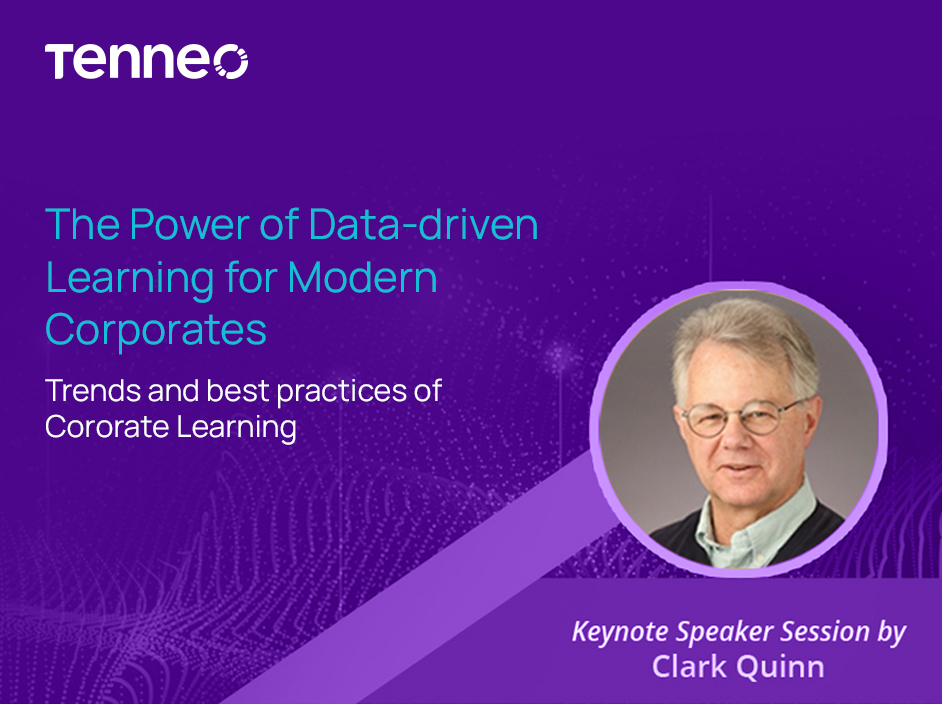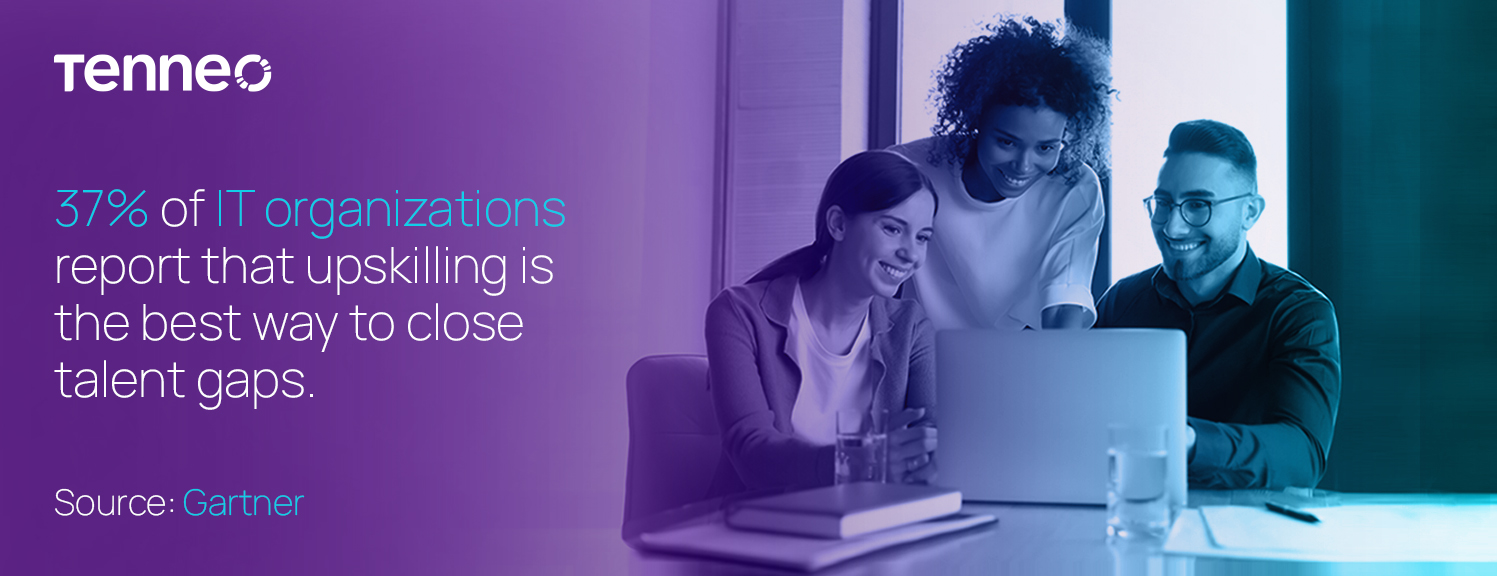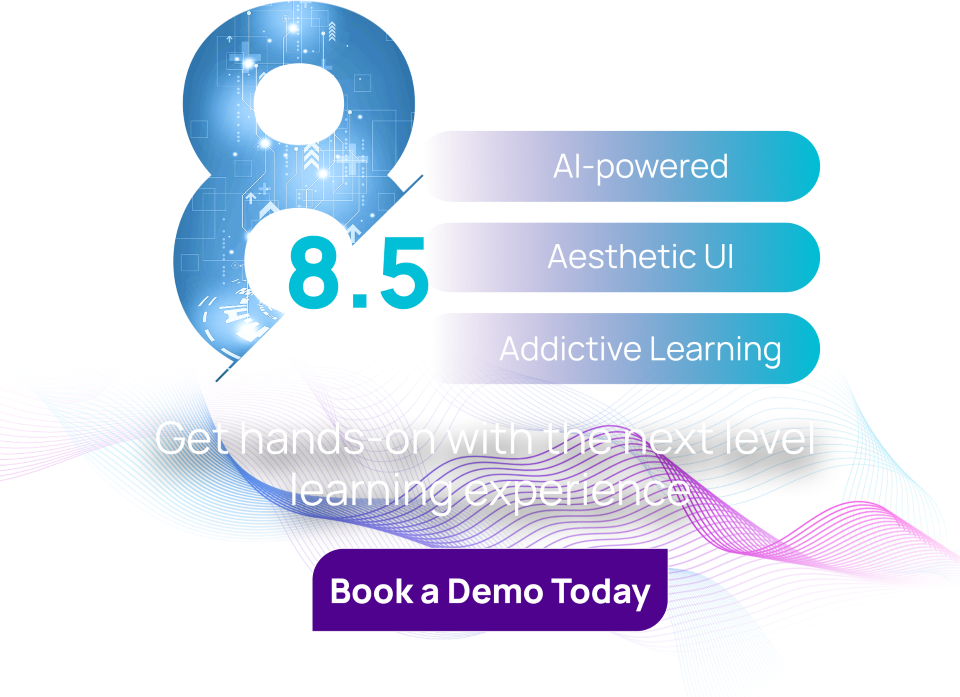
Tenneo (formerly G-Cube LMS) Organized Free Health Checkup Camp: A Step Towards a Healthier Future
June 19, 2023
Tenneo (formerly G-Cube LMS) Event 2019 – The Power of Data-driven Learning for Modern Corporates
June 19, 2023
Tenneo (formerly G-Cube LMS) Organized Free Health Checkup Camp: A Step Towards a Healthier Future
June 19, 2023
Tenneo (formerly G-Cube LMS) Event 2019 – The Power of Data-driven Learning for Modern Corporates
June 19, 2023Why IT/ITES Organizations Must Prioritize Continuous Learning & Training

In the ever-evolving world of information technology (IT) and IT-enabled services (ITES), continuous learning has become an essential ingredient for success. The dynamic nature of the industry demands that professionals stay updated with the latest technologies, trends, and skills to remain competitive and deliver high-quality solutions. With advancements in artificial intelligence, cloud computing, cybersecurity, and data analytics, the need for continuous learning has never been more critical.
Here are the top five reasons why IT/ITES organizations must prioritize continuous learning and training.
- Rapid Technology Advancements
In today's fast-paced business environment, the realm of technology is advancing at an astonishing rate, making continuous learning and training a paramount requirement for IT and ITES employees. The rapid advancements in technology serve as a catalyst for progress, enabling businesses to unlock new levels of efficiency, agility, and innovation.
However, this constant evolution also brings forth an inherent challenges. Unless employees stay ahead of the curve, they risk falling behind in a fiercely competitive market. By embracing continuous learning and training, employees can navigate this dynamic landscape with the latest skills, knowledge, and tools necessary.
- Upskilling Current Employees Instead of New Hiring
Today’s hypercompetitive market has increased the price tag of IT skills, heightening the need for employee training. According to a Gartner report, 37% of organizations report that upskilling and reskilling is the best way to close the talent gaps over hiring new employees (22%), consultants (13%) and outsourcing talent (14%).
In IT and ITES organizations, the current approach to skill development involves responding to specific requests from enterprises for skill updates. However, this reactive approach makes it difficult to cultivate the required skills within the given timeframe. Continuous learning and training provide a proactive approach to employee upskilling and help businesses better respond to changing market demands.
- Compliance & Regulations
In the IT/ITES industry, compliance requirements and regulations undergo frequent updates to address emerging security threats, data privacy concerns, and legal frameworks. Staying abreast of these changes is vital to ensure organizations operate within the bounds of the law and maintain data integrity and security.
Continuous learning equips IT and ITES employees with the necessary knowledge and skills to understand and comply with evolving regulations, such as GDPR, HIPAA, or cybersecurity protocols. Continuous learning is essential to ensure compliance and regulatory adherence, avoid penalties, protect sensitive information and maintain a strong ethical stance. This also helps in garnering customer trust.
- Learning Standardization
The IT and ITES industries often employ a diverse workforce spread across different geographical locations. Remote work enables organizations to tap into talent pools worldwide. However, this diversity also brings a variety of skill sets, knowledge levels, and cultural backgrounds.
Continuous learning and training programs help standardize knowledge across the global workforce, ensuring consistent understanding of processes, methodologies, and industry best practices. By standardizing the learning process, organizations can provide consistent learning resources, addressing knowledge gaps, promoting collaboration, and adapting to remote work challenges.
- Creating a Future-Ready Workforce
By fostering a culture of continuous learning, organizations empower their employees to adapt to emerging trends, acquire new skills, and embrace innovative solutions. This approach not only equips the workforce with the technical competencies needed to tackle complex challenges but also cultivates a mindset of curiosity and adaptability.
A future-ready workforce is one that proactively seeks opportunities for growth, embraces change, and remains agile in the face of uncertainty. By investing in continuous learning and training, IT and ITES organizations ensure that their employees are well-prepared to embrace the digital era, seize new opportunities, and drive innovation.
Conclusion
Embracing continuous learning is not only beneficial for individual career growth but also crucial for the overall success and longevity of IT and ITES organizations in an increasingly digitized world. By prioritizing continuous learning, organizations can unlock the full potential of their workforce and seize the endless opportunities that lie ahead.
Employee learning and upskilling becomes easy and effective with an intuitive learning platform like Tenneo (formerly Tenneo (formerly G-Cube LMS) LMS). It’s AI-driven capabilities help you identify exact learning needs of your workforce and address the skill gaps as and when detected. Get in touch with our learn tech experts today to train and upskill your IT workforce and create a culture driven by continuous learning.

